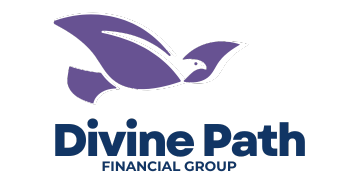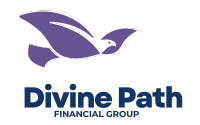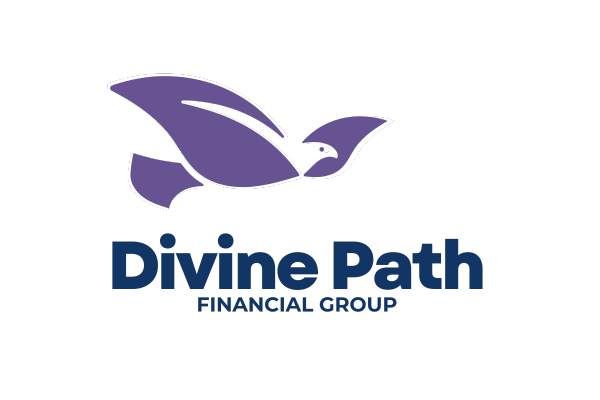Key Points:
- Early Childhood: Introduce physical money, use a piggy bank, and practice simple transactions.
- Elementary School: Tie allowances to chores, teach saving and giving, and set financial goals.
- Middle School: Open a savings account, discuss digital money, and understand checks.
- High School: Encourage summer jobs, educate about credit, and introduce investing basics.
- FuturePath Workshop: Join Divine Path Financial Group’s workshop to build a strong financial foundation for your children.
_____________________________________________________________________________________________________________
Financial literacy is an essential life skill that can significantly impact your child’s future. By teaching kids about money from a young age, you can help them develop healthy financial habits and a solid understanding of money management. Here’s a comprehensive guide to help you teach your kids about money through different stages of their lives.
“Financial education needs to become a part of our national curriculum and scoring systems so that it’s not just the children of wealthy families that learn how to manage money.” – David Cameron
Early Childhood (Ages 3-5): Making Money Tangible
- Introduce Physical Money: Start with coins and bills to help children understand that money is a medium of exchange. Engage them with activities like counting and sorting coins, and using play money to simulate purchasing activities.
- Piggy Bank Fun: Use a piggy bank to teach the concept of saving. Children will enjoy watching their savings grow as they add more coins.
- Simple Transactions: Allow your child to pay for small items at the store with your help. This hands-on experience makes the concept of spending money real and understandable.
Elementary School (Ages 6-11): Building Foundations
- Chore Money: Give an allowance tied to chores to teach the value of earning money. This introduces responsibility and work ethic early on.
- Spending, Saving, and Giving: Teach them to allocate their money into categories. For example, save 10% of their allowance, spend a portion, and set aside some for charitable giving.
- Goal Setting: Help them set savings goals for desired items, teaching patience and delayed gratification.
Middle School (Ages 12-14): Expanding Knowledge
- Introduction to Banking: Open a savings account and explain how banks work, including concepts like interest and fees. Regular visits to the bank or using an ATM reinforces these lessons.
- Digital Money: Discuss the difference between digital money and physical money. Teach them how to manage a debit card responsibly.
- Understanding Checks: Even though checks are less common, understanding how to write one is still a valuable skill.
“It’s not how much money you make, but how much money you keep, how hard it works for you, and how many generations you keep it for.” – Robert Kiyosaki
High School (Ages 15-18): Preparing for Independence
- Summer Jobs: Encourage part-time work to teach them about earning, budgeting, and saving. This also instills a sense of financial independence.
- Credit Awareness: Educate them about credit cards, credit scores, and responsible borrowing. Consider making them an authorized user on your credit card to start building their credit history.
- Investing Basics: Introduce them to investing by helping them buy a few shares of stock or set up a custodial brokerage account. This teaches them about the stock market and the importance of long-term investment.
Join Our FuturePath Workshop
At Divine Path Financial Group, we offer the FuturePath workshop designed to help families build a strong financial foundation for their children. Through interactive sessions and expert guidance, you’ll learn how to implement these teaching strategies effectively. Join us to ensure your children are financially literate and prepared for the future.
It all begins at home—empower your children with the essential knowledge of finance and guide them toward financial independence from an early age. By instilling strong financial values and teaching practical money management skills, you lay the foundation for their future success. Start the conversation, lead by example, and watch as they develop the confidence and capabilities to navigate their financial journey with clarity and purpose. Together, let’s equip the next generation with the tools they need to thrive in a complex world.





